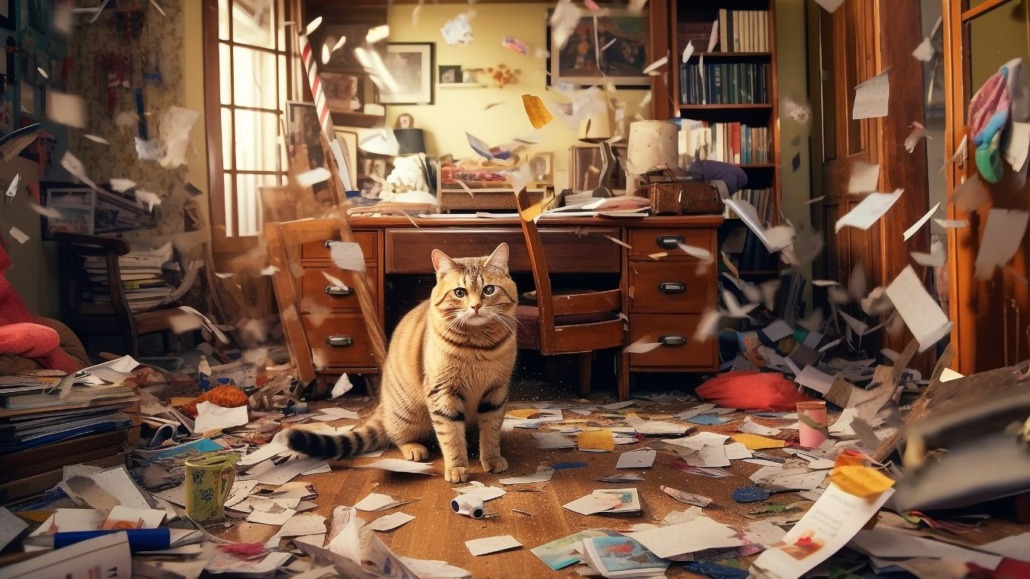Peace in Times of Chaos
I find myself exhausted by the changing and chaotic nature of our political life right now. Trying to keep up with it all is a fool’s errand. Ignoring it seems impossible — and unwise. So, what to do?
In a conversation I had this week, I heard myself say, “I am always and only interested in what brings balance and stability to all of life — including to me.” So, with things in constant flux, how do we do that?
I am reminded of a quote from A Course in Miracles, as referenced in Marianne Williamson’s new book The Mystic Jesus:
Nothing real can be threatened.
Nothing unreal exists.
And I have a clue now where to start. For one thing, I find I get stirred up by imagining how bad the future is going to be. The future is one of those unreal things. When I catch myself engaging with the future like it really exists, I often soften, chuckle, take a deep breath, and turn toward where I am now.

This is why animals (in my case, dogs) are so healthy to have around. They don’t have an intellect that can worry as ours does. They’re much more in the now — which is why they forgive so easily.
Once I’m back in the present, I can begin to see what direction to go. I have access to much more creative thinking. That imagination starts with, “What if we tried…?” Now I can begin to speak with family and colleagues about what I just heard that was new. And that is how the best creativity gets unleashed — a team of people all looking for a way to understand things from a completely new perspective.
For instance, there’s a great story about the woman who began research into mRNA (messenger RNA, a molecule that helps the body create proteins) and couldn’t get funding for years. After 15–20 years, a chance meeting with another scientist — at a copy machine in another building! — sparked a collaboration. That chance meeting led to a partnership, which eventually formed a company called Moderna. The partners went on to win the Nobel Prize for Physiology or Medicine in 2023, after their research allowed the rapid invention of a COVID-19 vaccine that saved millions of lives. The thing Dr. Karikó had been researching with no agreement was the very thing that became the miracle during the pandemic.
The other leg of A Course in Miracles quote is: “Nothing unreal exists.” That one is trickier to reflect on, as it’s a spiritual reflection — not an intellectual one.
How does it feel to consider that your true nature — what and who you are in essence — can never be damaged or even enhanced? That it is already whole, complete, and eternally good?
In other words, what if what we think we need to be balanced, whole, and well has nothing to do with things? What if it has to do with trusting that we were born whole, complete, and eternally good — and that we each see life from a perspective that is unique to us?
Unique. Never occurring before or since.
It’s a tall order to consider that some things might be unreal — and that we’re already whole and complete. Most of us were raised to believe we have to earn our way into belonging. Into wholeness. Darn it.
But the peace that descends when you experience — even briefly — how good you already are… that there is nothing to enhance or fix… that will sustain you. It will have you reaching for that feeling more and more and more.
Yes, there are others who take wild swings — culturally, politically — who think so differently than we do, and who may have no spiritual insight into life at all. That, however, has nothing to do with the solid goodness we were born with — and cannot lose.
When we work from that goodness — as something built-in, with nothing to prove or protect — we become so much more creative, compassionate, and kind. And we can see where to begin, over and over, to bring wholeness, balance, and goodness into all the nooks and crannies of life.
Then we just get to choose where to begin.

